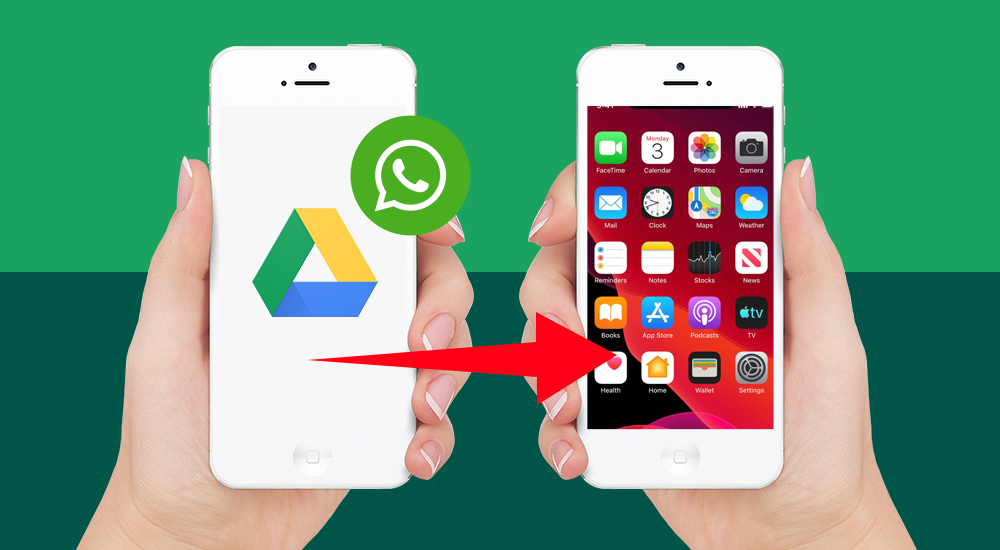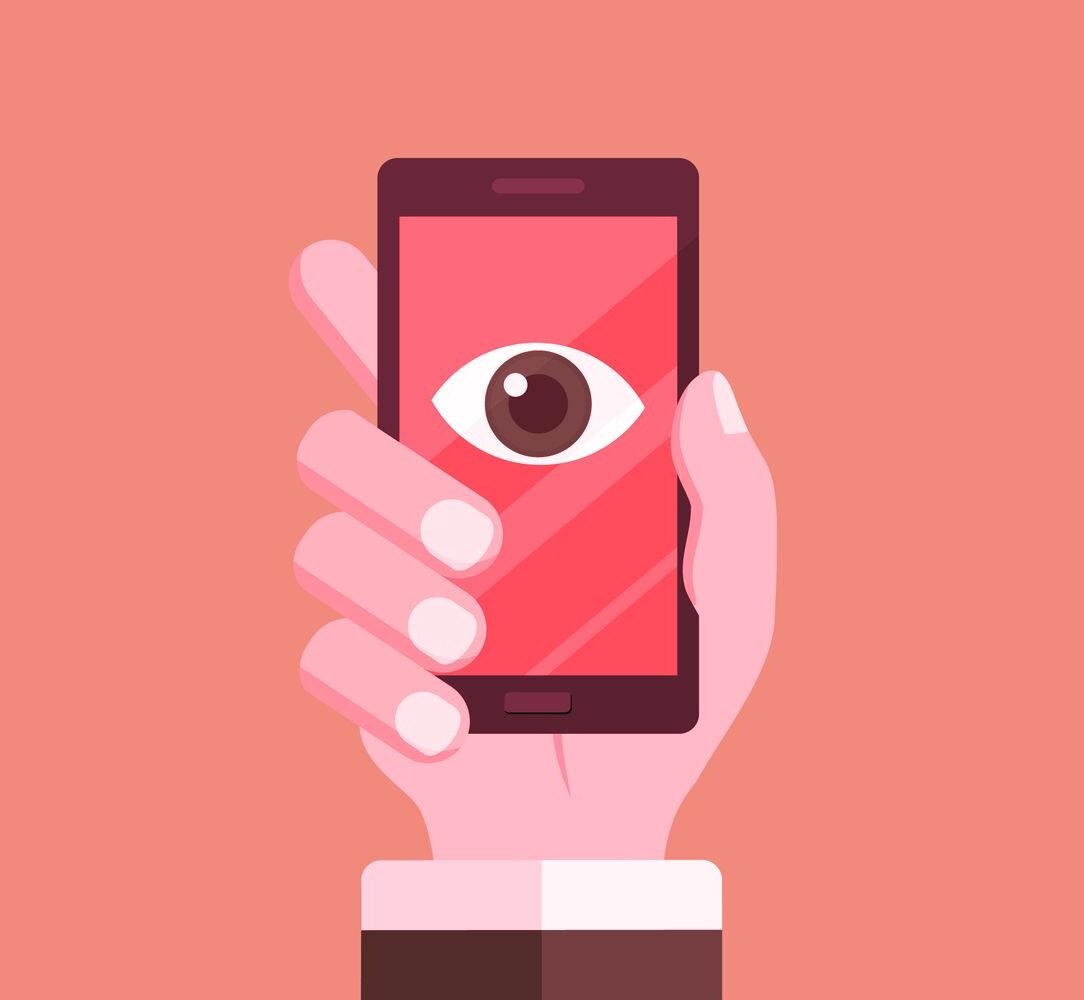There are many people who are concerned about the Google Drive app spying on them. While it is true that the app does have access to your data, it is not clear if it actually uses this information to spy on you. However, there are some things that you can do to protect yourself from being spied on by the Google Drive app.
There’s been a lot of speculation lately about whether or not the Google Drive app spies on you. The short answer is: we don’t know for sure. However, there are some compelling reasons to believe that it might be true.
For one thing, the app has access to nearly all of your personal information, including your contacts, location, and even your microphone and camera. This is a level of access that most other apps don’t have.
Additionally, there have been several reports of people finding strange files in their Google Drive folders that they didn’t put there themselves.
These files often contain sensitive information like passwords and financial documents.
So what’s going on here? It’s possible that Google is using these files to target ads at users based on their personal information.
Or, it could be that someone else has hacked into people’s accounts and is using Drive to store stolen data. Either way, it’s definitely cause for concern.
If you’re worried about being spied on by Google Drive, there are a few things you can do to protect yourself.
First, make sure that you have a strong password for your account. Second, enable two-factor authentication if it’s an option for you. And finally, consider using a different cloud storage service altogether – one that doesn’t have such a shady reputation!
Is Google Spying on You?
Can You Be Tracked Through Google Drive?
When it comes to online privacy, there are a lot of questions surrounding Google Drive. One common question is whether or not you can be tracked through the service. The answer to this question is complicated and depends on a few different factors.
First, it’s important to understand how Google Drive works. The service is essentially a cloud storage platform that lets you upload and access files from anywhere. Your files are stored on Google’s servers, which means that the company has access to them.
However,Google has stated that it does not scan or read your files unless you specifically ask it to do so (for example, if you’re using its search function to look for something within your drive). So, in theory, your data should be safe from prying eyes.
That said, there have been reports of people being tracked through their use of Google Drive.
In one case, a journalist found that her location was being tracked every time she opened a document in Drive (though she had explicitly turned off location tracking for other apps). It’s unclear how widespread this problem is, but it’s something to be aware of.
Ultimately, whether or not you can be tracked through Google Drive comes down to how the service is used and configured.
If you’re concerned about privacy, it’s best to take precautions such as only accessingDrive offline and using a VPN when connecting to the internet.
Is Google Drive Really Private?
When it comes to online storage, Google Drive is one of the most popular options. But is it really private? The answer is both yes and no.
Yes, your data is stored securely on Google’s servers. However, Google does have access to this data (as do any cloud storage providers). This means that if the government requests access to your data, Google may comply.
Additionally, third-party apps that integrate with Drive also have access to your data. So while your data is safe from hackers, it is not completely private.
Can People See What You Look at on Google Drive?
When you use Google Drive, your activity is private by default. This means that people who have access to your account cannot see what files or folders you have looked at unless you’ve specifically shared those files or folders with them. However, there are a few ways that someone could potentially see what you’ve been looking at on Google Drive:
If you’re using a shared computer, others who use that same computer can see your recent activity in their own Google Drive account. To prevent this from happening, be sure to sign out of your Google account when you’re finished using Drive.
If someone has access to your Google account (for example, if they know your password), they can log in and view all of the activity associated with that account – including any files or folders you’ve viewed on Drive.
To prevent this from happening, be sure to keep your password safe and secure.
Google keeps a record of all the activity associated with your account – including any files or folders you’ve viewed on Drive. However, this information is only accessible to people who have access to your Google account (for example, if they know your password).
Is Google Drive Safe for Privacy?
When it comes to online storage services, Google Drive is one of the most popular options. But is it safe for privacy? Let’s take a look.
Google Drive offers two different types of accounts – personal and business. Personal accounts are free and come with 15GB of storage, while business accounts start at $5 per month and offer unlimited storage. Both types of accounts use the same security measures, which we’ll discuss below.
One thing to keep in mind is that Google is a company that relies on advertising for revenue. This means that they’re collecting data on everything you do, including what you store in Google Drive. If you’re concerned about your privacy, this is something to keep in mind.
However, it’s important to note that Google has never been known to sell user data or share it with advertisers without consent.
In terms of security measures, Google Drive uses industry-standard encryption methods to protect your data both in transit and at rest. This means that your data is encrypted when it’s being transferred between your device and Google’s servers, as well as when it’s stored on those servers.
Your data can only be decrypted by someone with the proper credentials – namely, you or someone else who has access to your account (more on this later).
Google also offers two-factor authentication for added security. This means that even if someone manages to obtain your password, they won’t be able to access your account unless they also have access to your phone (or another secondary device).
Two-factor authentication is an optional security measure, but we recommend enabling it if you’re concerned about privacy.
So, is Google Drive safe for privacy? Overall, yes – as long as you take some basic precautions (like using two-factor authentication).

Credit: www.techuntold.com
Does Google Drive Scan Your Files
We all know that Google has a ton of data on us. They know what we search for, where we go, and what we buy. So it’s no surprise that they would also scan the contents of our files, especially if those files are stored in their cloud service, Google Drive.
While some people may not be too worried about this, others might be wondering just how much information Google is able to glean from our files. Well, according to a recent report from The Wall Street Journal, it turns out that Google does indeed scan the contents of our files stored in Drive.
The report says that Google uses automated systems to scan files looking for “viruses, illegal content such as child pornography or copyrighted material.”
But it doesn’t stop there. The WSJ also claims that “Google employees manually review some files.” So not only is your data being scanned by machines, but actual humans are looking at it too.
Of course, Google denies that they are scanning files for any other reason than virus protection and copyright infringement prevention. They say that they do not use this information for targeted advertising or any other purposes. However, given their track record with collecting and using user data, it’s hard to believe them.
At the end of the day, it’s up to you whether or not you want to store your sensitive data in Google Drive (or any other cloud service). If you’re concerned about privacy, you might want to consider alternatives like Dropbox or even keeping your Files locally stored on your computer.
Is Google Drive Safe from Hackers
As we become increasingly reliant on cloud-based storage and sharing solutions, it’s important to know that our data is safe from hackers. Google Drive is a popular option for many users, but is it secure?
The short answer is yes, Google Drive is fairly secure from hackers.
However, there have been some instances where user accounts have been compromised. In most cases, these breaches are the result of phishing scams or other social engineering attacks rather than direct hacking of the Google Drive service itself.
That said, no system is 100% secure and there are always ways that determined attackers can potentially gain access to your data.
One way to further protect your files stored in Google Drive is to enable two-factor authentication for your account. This adds an extra layer of security by requiring you to enter a code from your mobile device in addition to your password when logging in.
Overall, Google Drive provides a convenient and relatively safe way to store and share your files online.
By taking some basic precautions, you can help ensure that your data remains protected from potential hackers.
Is Google Drive Safe for Photos
When it comes to storing photos, there are a lot of options out there. But is Google Drive safe for photos?
The short answer is yes, Google Drive is safe for photos.
In fact, it’s probably one of the safest options available. Google takes security seriously, and they encrypt your data before it even leaves your device. So even if someone were to hack into their servers, they wouldn’t be able to view your photos.
Of course, nothing is ever 100% secure. So if you’re looking for absolute safety, you might want to consider other options like backing up your photos to an external hard drive or using a service like Flickr that offers built-in security features.
But overall, Google Drive is a great option for storing and sharing photos securely.
Conclusion
According to the blog post, there is a possibility that the Google Drive app spies on users. The author cites an incident where a user found that the app had accessed his microphone and camera without his permission. The author also notes that the app has access to a lot of personal data, including contacts, location, and search history.
While it is unclear if the app actually uses this data for anything nefarious, the potential exists for abuse. Users should be aware of these risks and exercise caution when using the app.


